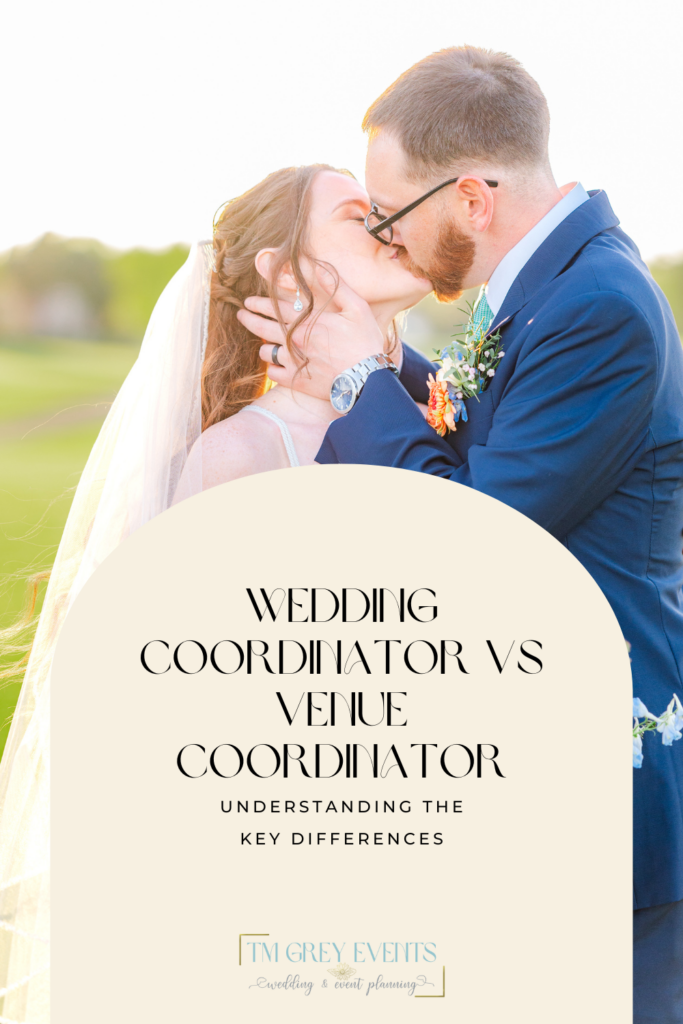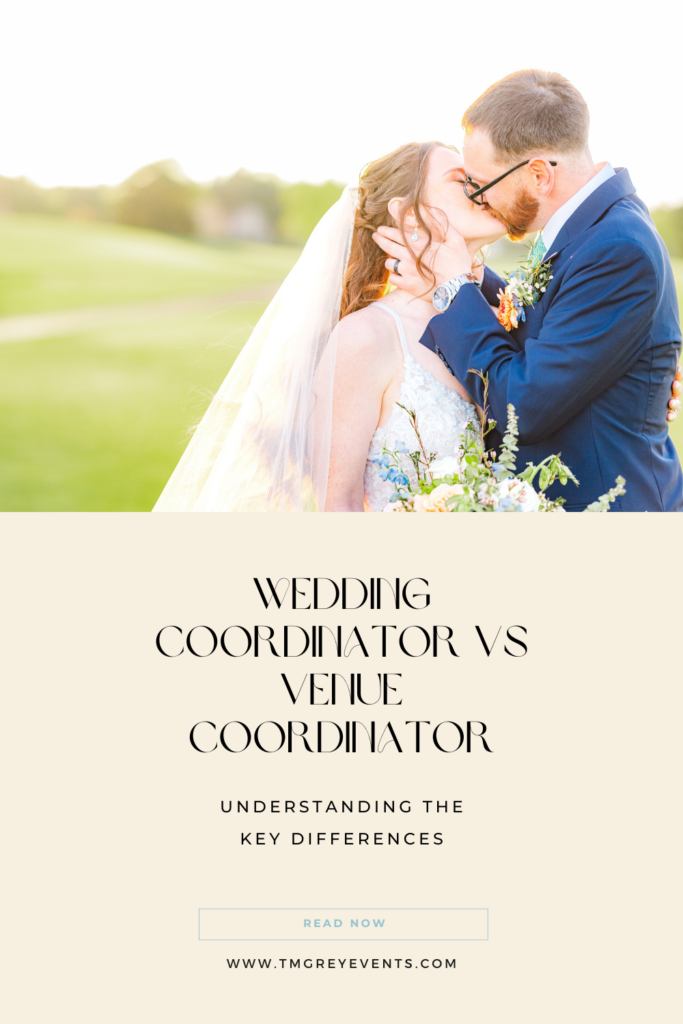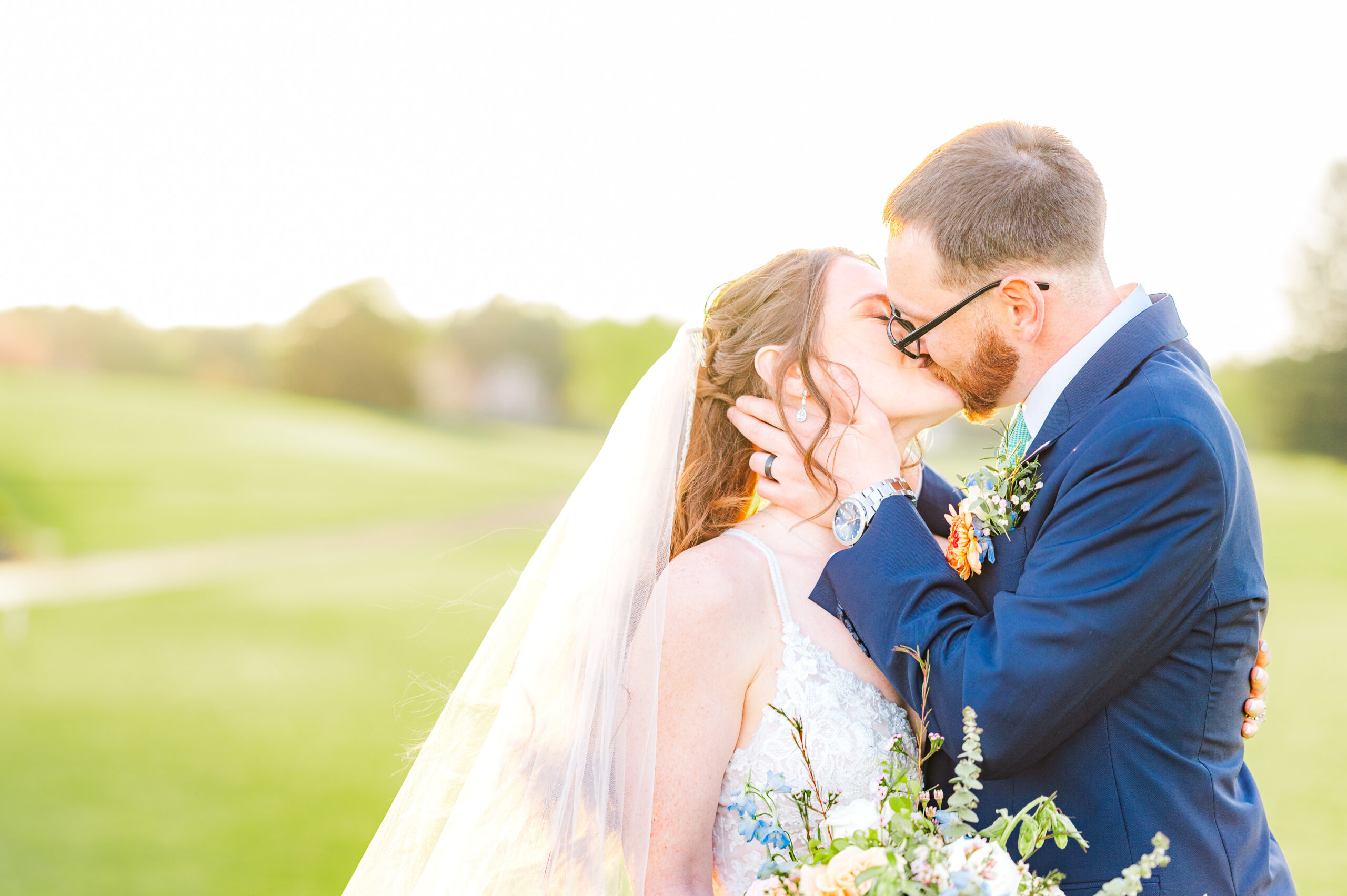When planning your dream wedding, ensuring every detail falls perfectly into place is essential. To make this happen, you may consider hiring both a wedding coordinator and a venue coordinator. Though they sound similar, they play distinct roles in the orchestration of your big day. Let’s delve into the key differences between these two vital players in your wedding team.
The Wedding Coordinator: Your Personal Planning Partner
A wedding coordinator is your go-to expert for all things wedding-related. This professional becomes your right hand, helping you from the early stages of planning to the moment you say “I do.”
Responsibilities of a Wedding Coordinator:
- Comprehensive Planning: A wedding coordinator assists you with overall planning, providing guidance on timelines, budgets, and themes. They are involved in every aspect, from selecting the perfect vendors to curating a cohesive aesthetic.
- Vendor Management: This role includes liaising with various vendors—florists, caterers, photographers, and more. Your coordinator ensures that each vendor understands their role and the overall vision for the day.
- Day-of Coordination: On the wedding day, a coordinator oversees the logistics, ensuring everything runs smoothly. They manage the timeline, handle any unforeseen issues, and help keep stress levels low for the couple.
- Personal Touch: Wedding coordinators often develop a personal relationship with the couple, understanding their unique desires and preferences to create a truly personalized event.
- Guest Experience: A wedding coordinator focuses on enhancing the guest experience, ensuring that everyone feels welcomed and enjoys the celebration. They oversee seating arrangements, guest transportation, and any special accommodations needed, making sure that all attendees have a seamless and enjoyable experience.
- Rehearsal Coordination: In the days leading up to the wedding, the coordinator organizes and manages the rehearsal, working closely with the bridal party to ensure everyone knows their roles and the event proceeds without a hitch.
- Crisis Management: Equipped with problem-solving skills, a wedding coordinator is prepared to handle any crisis, from weather changes to last-minute cancellations. Their quick thinking and resourcefulness help maintain the day’s flow and keep stress to a minimum.
- Post-Wedding Wrap-Up: After the festivities, the coordinator assists with wrapping up all wedding-related tasks, such as returning rental items, settling any outstanding vendor payments, and ensuring that everything is left in proper order.
By having a wedding coordinator, you gain a dedicated advocate who is committed to turning your dream wedding into reality. Their expertise not only alleviates the stress of planning but also allows you to savor every moment of your special day, knowing that all details are in capable hands.
The Venue Coordinator: The Venue’s Representative
Venue coordinators primarily focus on aspects related to the wedding venue itself. They are employed by the venue and ensure that you make the most out of the location.
Responsibilities of a Venue Coordinator:
- Venue Logistics: The venue coordinator manages the logistics of the venue, including setup, teardown, and any venue-specific rules or regulations.
- Facility Management: They handle the venue’s facilities, ensuring everything from lighting to sound systems is in working order.
- Food and Beverage Coordination: If the venue provides catering, the venue coordinator will oversee the food and beverage services, ensuring they meet expectations.
- Venue Liaison: They serve as the point of contact between the venue and wedding party, addressing any venue-specific concerns or questions. They know how to make the most of the space, making it beautiful and useful.
- Emergency Preparedness: Venue coordinators are well-versed in the ins and outs of the location, which means they can quickly address any emergencies or last-minute changes that may arise, ensuring the day proceeds without a hitch.
- Compliance and Safety: They enforce safety regulations and ensure the event complies with local laws and venue policies, offering peace of mind.
It’s easier to appreciate venue coordinators if you understand their job and how it fits with wedding planners. While the wedding coordinator focuses on the broader vision and personal elements of your wedding, the venue coordinator ensures that the venue operates smoothly and efficiently, laying the foundation for a memorable event.
Why Both Roles Matter
It seems like a lot, but having both a venue and wedding coordinator ensures nothing will be missed. The wedding coordinator brings a broad, personalized approach to planning, while the venue coordinator focuses on the specifics of the location. Together, they create a seamless, stress-free experience.
In conclusion, while both coordinators are essential in their own right, understanding their distinct roles will help you use their expertise effectively. With the right team, you can focus on what truly matters—celebrating your love story with your friends and family.
Wrapping Up
Thank you for joining us on this journey through the enchanting world of wedding planning with TM Grey Events! We hope you found inspiration and valuable insights to help you create the wedding of your dreams. If you loved this post, don’t forget to pin it using the pre-made pins below for easy reference later.
While you’re here, why not explore some of our other popular posts? You might enjoy:
Remember, at TM Grey Events, we’re here to turn your wedding fantasies into reality. Until next time, happy planning!
Related


